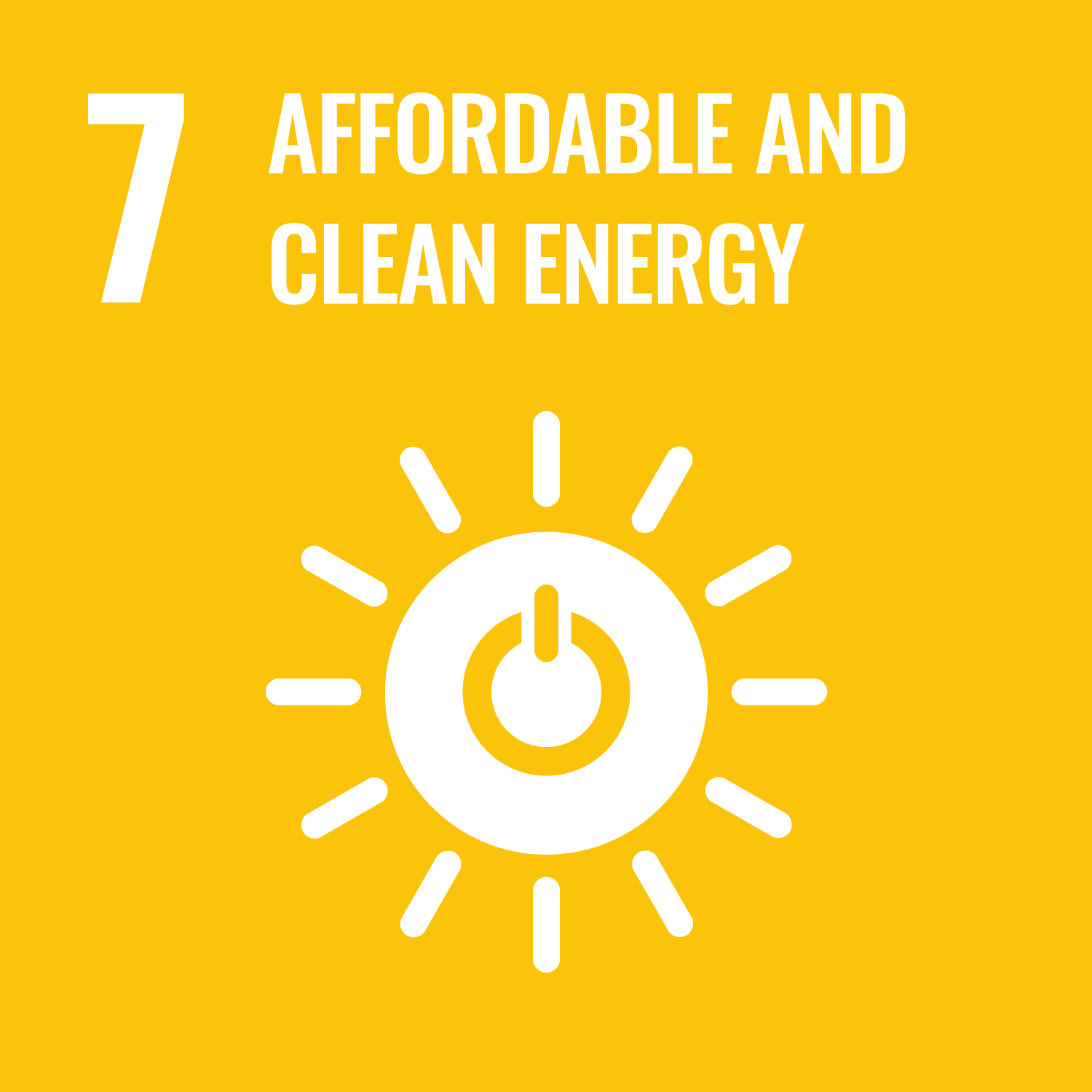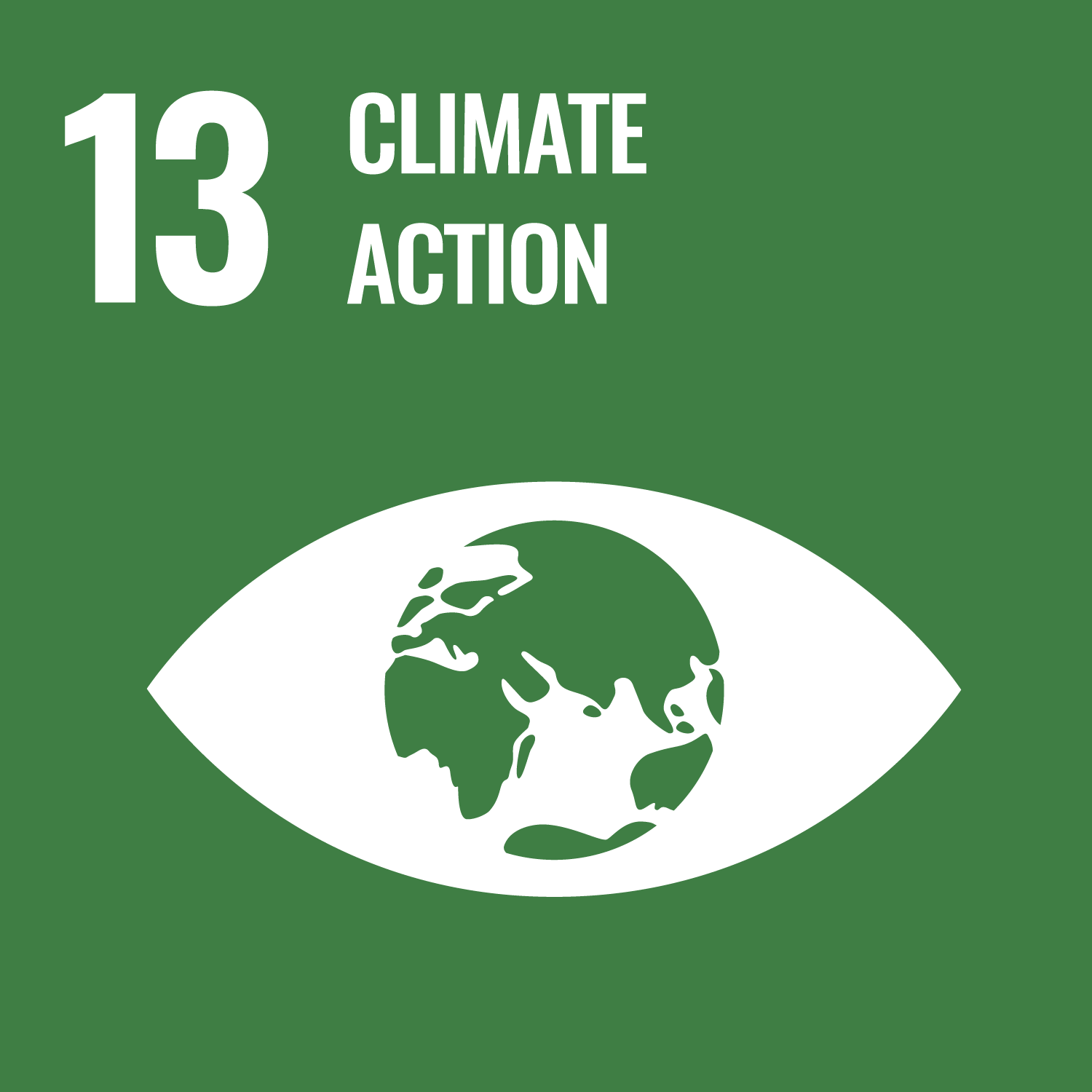Tibber replaces traditional utilities with a digital energy deal and technology for smarter consumption of energy. Tibber’s vision is to make sustainable energy consumption simple and affordable for all households. This is made possible through their app that provides consumers with real-time analytics into energy usage, and that can be paired with a large variety of smart home devices to reduce energy consumption at home.

Tibber
Tibber at a glance
Key developments 2022
Tibber has been rated the second most sustainable brand in Norway, introducing product circularity with 100% of Tibber Pulse devices and conducted Life Cycle Assessment for additional.
Sector
Energy
Location
Norway
SDG aligment



Environmental
Carbon intensity: Tons CO₂e per EUR m revenue
Total tons CO₂ emitted
Monetized climate impact
Social
Full time employees
Gender balance, % females
Board
Management
All employees
Monetized employment impact
Governance
Via Summa Compliance
✘ Code of conduct
✔ Supplier code of conduct
✘ Economic Sanctions
✘ Competition Law/Antitrust
✔ Data Protection/IT Security
✘ Anti-curruption
✔ Whistleblower
EU Taxonomy reporting
Tibber started EU taxonomy reporting process in February 2023.
What are the challenges Tibber addresses?
How does Tibber help?
Reality today
GHG intensity of EU power generation is increasing due to continued use of fossil fuels as a source of energy.
Tibber approach
Tibber offers smart solutions and technology to provide full control of the consumer’s electricity consumption, allowing consumers to manage where and how much electricity is consumed, ultimately smoothing the grid load.
Aspirational future
Affordable and sustainable energy consumption for all European households.
What impact does Tibber create?
Share of energy purchases covered by GOs
Share of customers with solar installed
Who is impacted?
~400k customers in Norway, Sweden, the Netherlands and Germany are impacted directly by access to more effective and sustainable electricity consumption.
What are the impact considerations?
Additionality
Without Tibber, a significant amount of consumers would not have access to renewable energy, nor the tools available to reduce their energy consumption.
Risks
Given that Tibber is an electricity retailer, it cannot directly address the production of renewable energy and is relying on other parties for that. This brings a risk of Tibber not being able to deliver on its promise to provide its customers with clean energy.